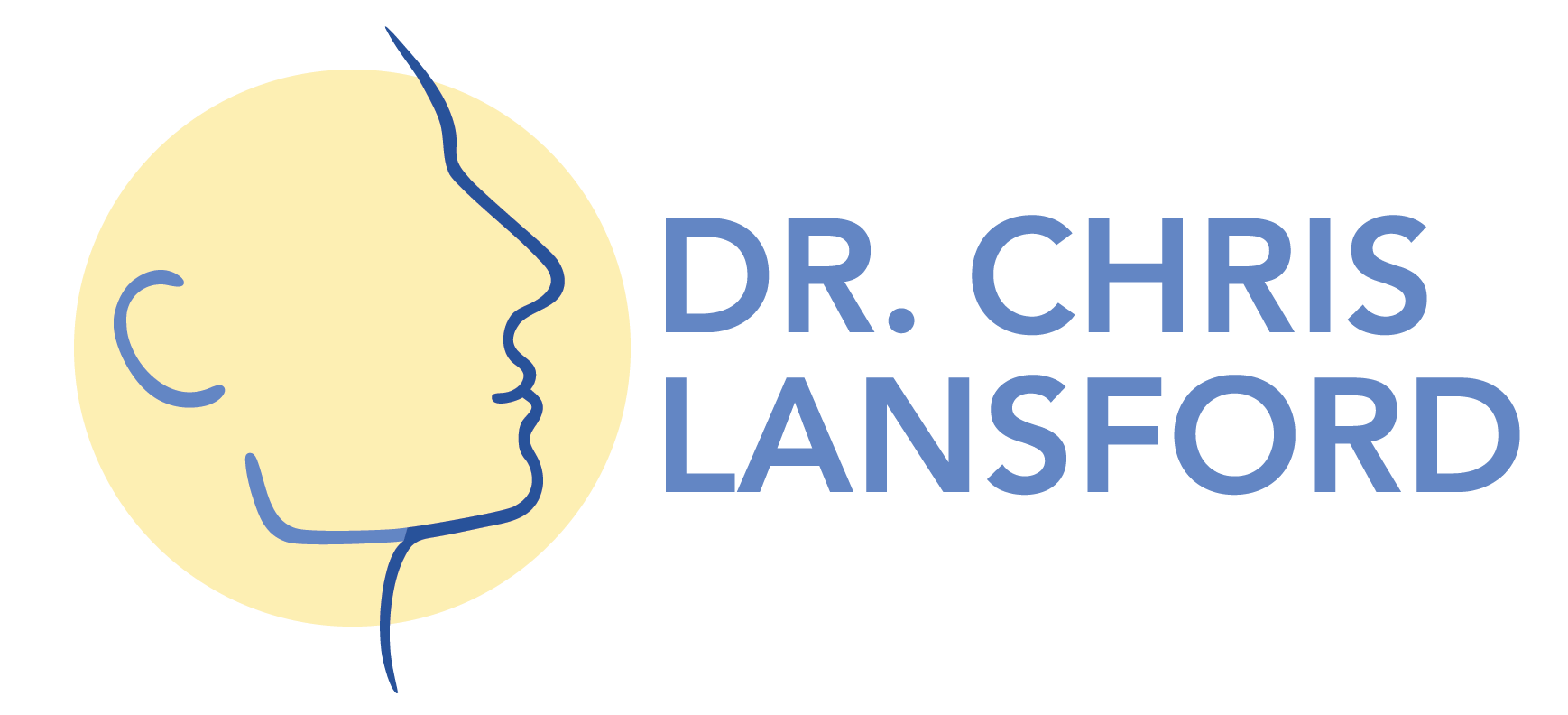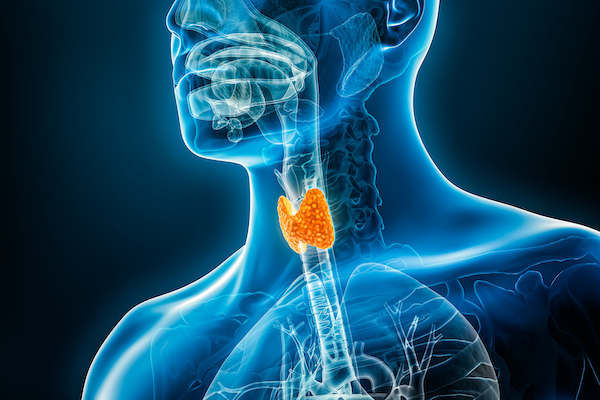Conditions: Hypothyroidism
Hypothyroidism is a condition of insufficient thyroid hormone. It is the opposite of hyperthyroidism.
Thyroid gland
About the thyroid gland
The thyroid gland is a small butterfly-shaped gland located in the neck. The thyroid gland produces thyroid hormone, which is an essential driver of metabolism and many organ functions.
what is hypothyroidism?
A hypothyroid state is when a person has a deficiency of thyroid hormone. This may be the result of a thyroid having been removed surgically or from a thyroid that cannot produce a sufficient amount of thyroid hormone.
What are the symptoms of hypothyroidism?
Symptoms of hypothyroidism roughly correlate to the degree of biochemical hypothyroidism. Very mild hypothyroidism may not produce any noticeable symptoms, termed subclinical hypothyroidism, and need not be treated. As the degree of thyroid deficiency increases, however, symptoms become more apparent and severe. Symptoms that may result from hypothyroidism include tiredness, weight gain, depression, intolerance of cold temperature, dry skin and hair, muscle weakness, and constipation. Full blown severe hypothyroidism is given the term myxedema.
The symptoms of hypothyroidism are nonspecific—that is, since each of these symptoms may be caused by conditions other than hypothyroidism, the presence of one or more of these symptoms does not prove the existence of hypothyroidism.
Testing for hypothyroidism
Testing for hyperthyroidism and hypothyroidism typically involves a combination of blood tests and clinical assessments. To diagnose hypothyroidism, doctors often measure the levels of thyroid stimulating hormone (TSH) with a blood draw. The pituitary regulates thyroid hormone production by releasing more or less TSH into the bloodstream. Normally, when the body needs more thyroid hormone, this is sensed by the pituitary gland and it produces more TSH. Thus, high TSH is generally an indicator of low thyroid hormone. Inversely, when the body has too much thyroid hormone, the pituitary gland produces less TSH. In other words, a low TSH is usually an indicator of hyperthyroidism, and a high TSH is usually an indicator of hypothyroidism
Testing for triiodothyronine (T3) and thyroxine (T4) levels may also be undertaken (usually in their “free” or unbound form) to supplement the information gleaned from measuring the TSH level.
Mild or subclinical hypothyroidism, which is commonly regarded as a sign of early thyroid failure, is defined by high TSH with normal free thyroxine (fT4). Overt or clinical primary hypothyroidism is defined as high TSH and low free thyroxine (fT4). As hypothyroidism progresses from moderate to severe, the TSH level continues to increase, free thyroxine (fT4) becomes lower, and also triiodothyronine (T3) becomes low.
Additionally, other tests, like thyroid antibody tests and imaging studies, may be ordered to further evaluate the condition and identify the underlying cause.
What causes hypothyroidism?
Hypothyroidism can arise from various factors. Identifying the underlying cause is crucial in the management and treatment of hypothyroidism, allowing doctors to tailor interventions to address the specific triggers.
Hashimoto’s thyroiditis (also known as autoimmune thyroiditis and chronic lymphocytic thyroiditis) is a common cause of hypothyroidism. Diagnosis is made by blood draw, in which anti-thyroglobulin and anti-thyroid peroxidase antibodies are strongly present.
Certain drugs: amiodarone, lithium, certain cancer treatment drugs (tyrosine kinase inhibitors such as sorafenib, axitinib, dasatinib, erlotinib, imatinib, nilotinib, pazopanib, sunitinib), interferon-alfa, thalidomide, some monoclonal antibodies, epilepsy drugs, and some drugs for treatment of tuberculosis can cause hypothyroidism.
After certain treatments: radioiodine treatment, thyroid surgery, and after neck radiation or surgery for cancer. Note that hypothyroidism is always present after total thyroidectomy, but is not always present after partial thyroidectomy (e.g., hemithyroidectomy).
Lastly, in rare cases, hypothyroidism can arise from a pituitary gland failure that releases insufficient TSH and a normal thyroid gland responds appropriately to this low signal by producing insufficient thyroid hormone.
HOW TO GET THE MOST FROM YOUR APPOINTMENT
Appointment time is valuable. Below are some suggestions to make the most of your appointment. This preparation will help you and your doctor maximize efficiency and accuracy, freeing up time for questions and answers.
This page






